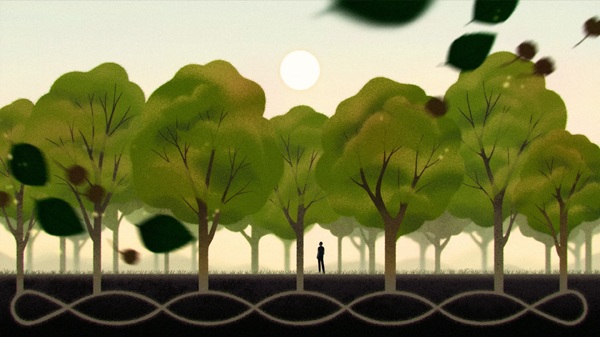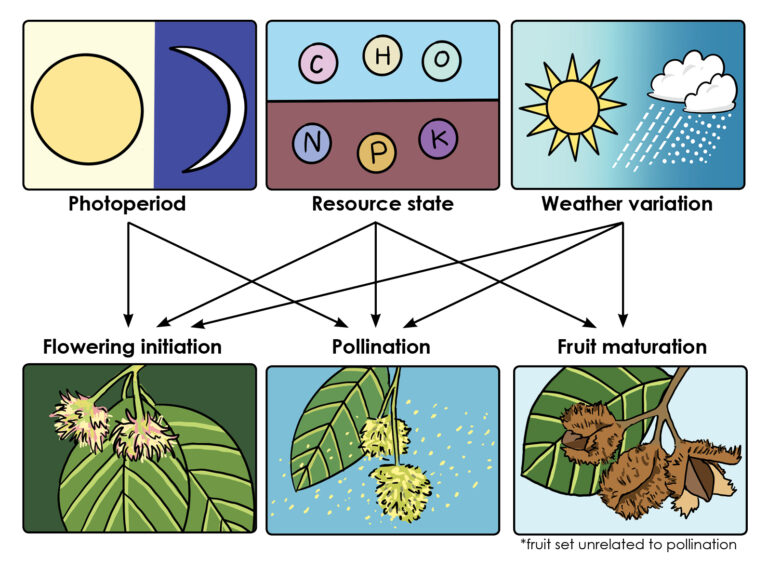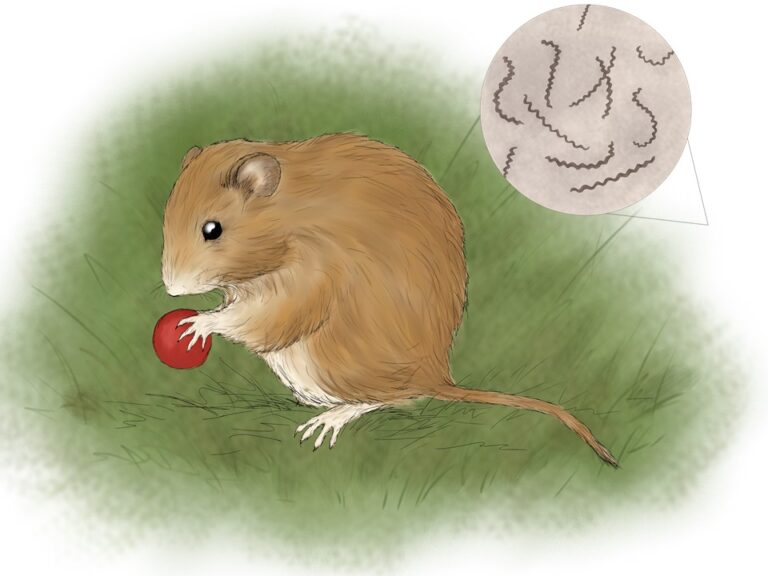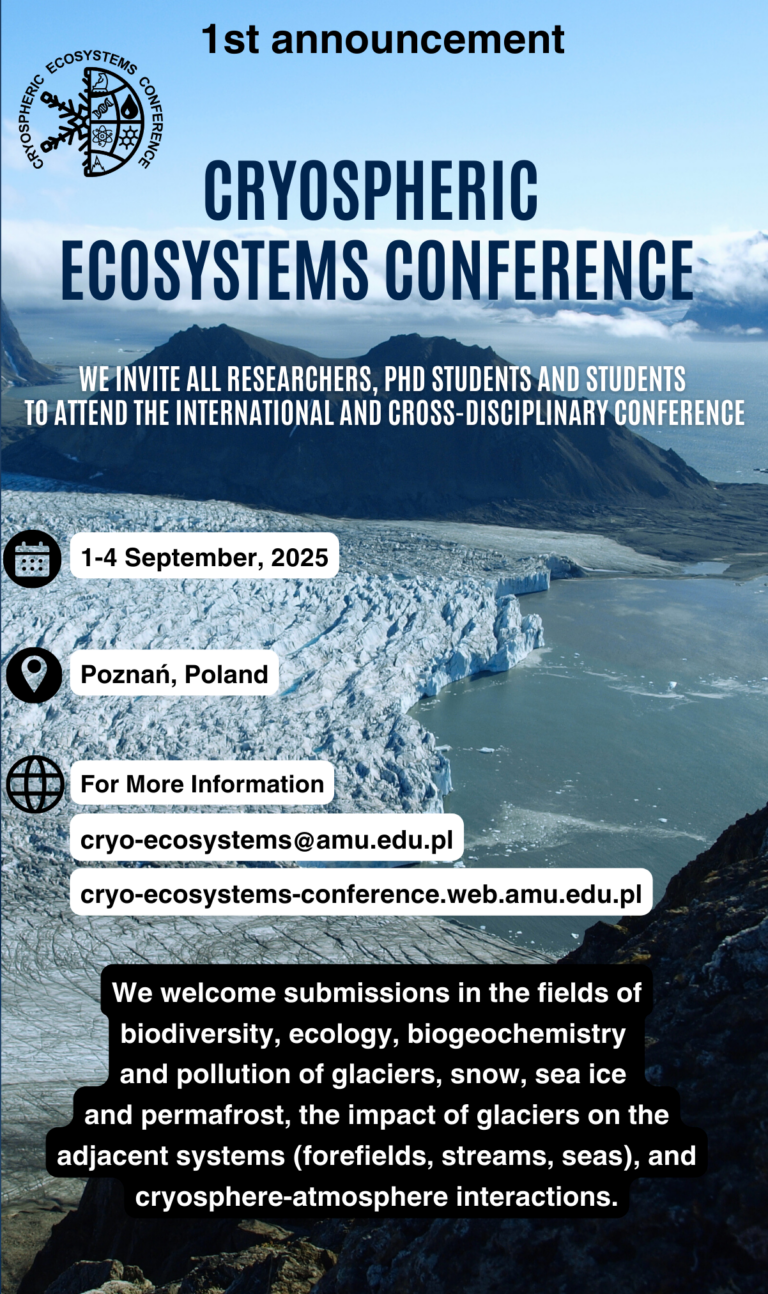Publications on hybridisation between pine species
Two recent articles by Prof. Wachowiak’s team (Molecular Ecology and BMC Plant Biology) provide complementary evidence on the repeatability of hybridization between Pinus sylvestris and Pinus mugo. Analyses of thousands of individuals from multiple contact zones show that, despite environmental differences, early stages of hybrid speciation follow a similar pattern. The studies document widespread, asymmetric gene flow and strong selection…









